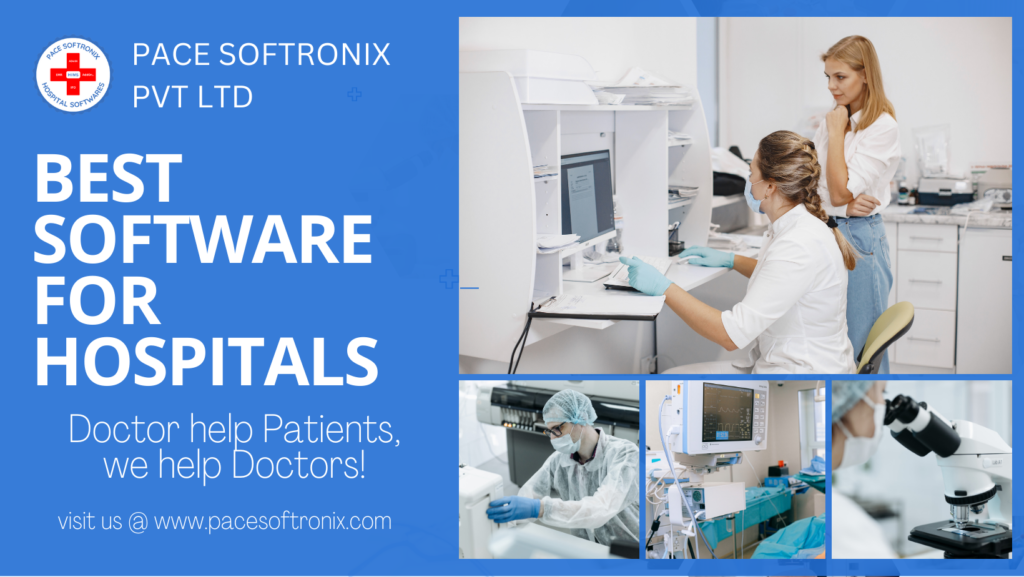Hospital automation refers to the use of technology and software systems to automate and streamline various processes and operations within a hospital setting. The aim is to improve efficiency, reduce costs, enhance patient safety, and provide better quality care.
Examples of hospital automation include:
- Electronic Medical Record (EMR) systems: EMR systems are used to store and manage patient records electronically, eliminating the need for paper records. They provide quick access to patient information and reduce errors associated with manual record-keeping.
- Hospital Management Systems (HMS): HMS are used to automate various hospital operations such as patient registration, appointment scheduling, inventory management, and billing. They help hospitals to streamline their processes and reduce administrative overhead.
- Telemedicine: Telemedicine enables remote consultations between doctors and patients, eliminating the need for patients to travel to the hospital. It has become especially important during the COVID-19 pandemic.
- Pharmacy automation: Pharmacy automation systems help to manage medication inventory, dispensing, and tracking. They ensure that the right medication is given to the right patient at the right time, reducing medication errors and improving patient safety.
- Robotics: Robotics is used in some hospitals to automate tasks such as cleaning and disinfecting hospital rooms, delivering medication, and assisting with surgeries.
Overall, hospital automation has the potential to improve the quality of care, reduce costs, and enhance patient safety in healthcare facilities.
